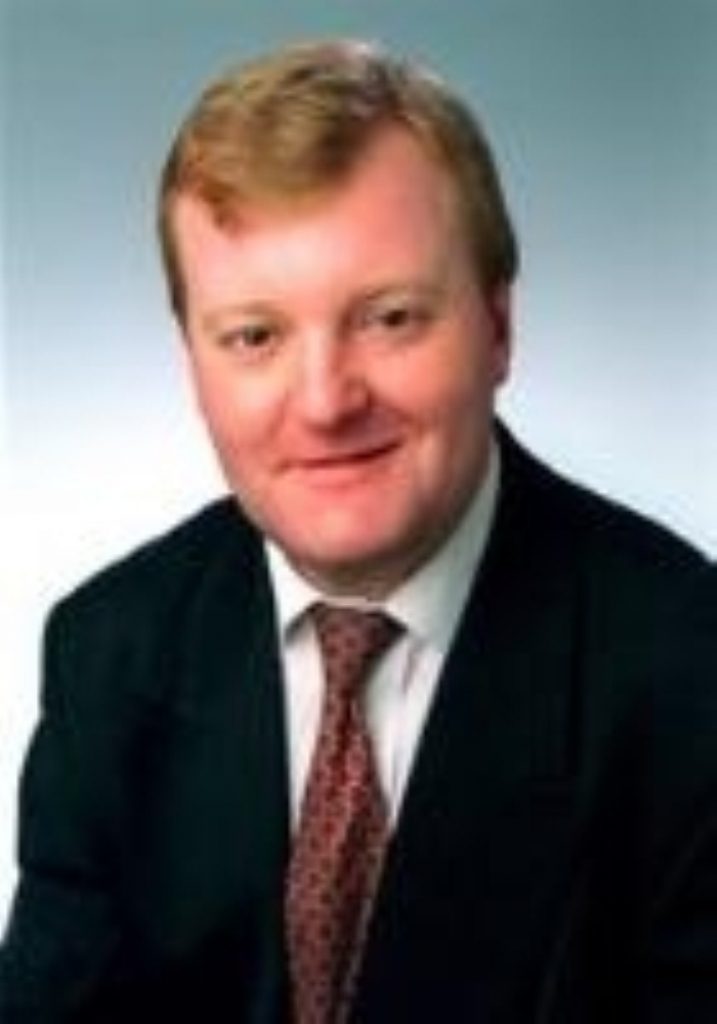Lib Dems pledge to scrap ‘evil’ council tax
The Liberal Democrats have launched a campaign to scrap the “evil” and “unfair” council tax.
Buoyed by a recent by-election victory in Brent East, the Lib Dems are confident they can capture disillusioned left of centre voters.
Subsequently, the “axe the tax” campaign was launched at their party conference in Brighton.
And delegates at the conference voted yesterday in favour of abolishing council tax. Its replacement: a local income tax modelled on schemes up and running in Sweden and Japan that could rise up to three per cent.


The Lib Dems have been vociferous in opposing the sharp rise in council tax. They have blasted the Government after the levy increased 10 per cent in this year alone.
They have pointed out the massive increases in council tax since Labour came to office. Some bills have surged 70 per cent. With average bills hitting 1,000 pounds a year, the Lib Dems say a “headlong revolt” against council tax was inevitable.
Edward Davey, Lib Dem spokesman with the brief to trail the Deputy Prime Minister’s Office, said the burden of taxation would be taken away from pensioners and the more disadvantaged in society and onto those who could afford to pay more. Those earning more than 45,000 pounds per year can expect to pay more if the Lib Dems come to office.
Mr Davey said: “Council tax is now the most unfair tax in Britain.
“The whole system is riddled with unfairness. It’s frankly astounding that after six years of a Labour Government, the state takes relatively more in tax from the country’s poorest than it takes from the richest.
“There will be some losers but the people who will lose are people can afford to lose.
Mr Davey said the Government had “laser-beamed this stealth tax on to pensioners and the poorest by forcing councils to hike their taxes.”
The Liberal Democrat Treasury spokesman Mathew Taylor said the new local tax would be the most equitable way of paying for public services.
He said: “We are not asking anybody to pay more overall for public services. We are asking them though to contribute according to their ability to pay just 3% or so on their tax to cover the public services. If you earn more of course you should pay more.”












